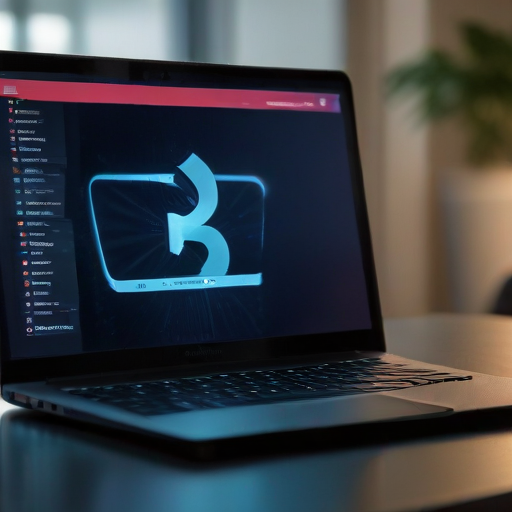Google has evolved from its original goal of simply organizing the world’s information to developing advanced artificial intelligence systems that act as highly capable digital assistants. In a recent announcement, the tech giant unveiled Gemini 2, an upgraded version of its AI model designed to manage tasks on user computers and the web, engage in natural conversation, and interpret the physical world as a virtual assistant.
Demis Hassabis, CEO of Google DeepMind, expressed excitement about the development, referring to the vision of a universal digital assistant as a key step towards achieving artificial general intelligence. This advancement primarily focuses on improving AI’s intelligence as indicated by established benchmarks, and it also enhances the model’s “multimodal” capabilities, allowing it to interpret video, audio, and engage in spoken dialogue more effectively. Furthermore, Gemini 2 is now trained to perform actions on computers, moving beyond simple conversational tasks.
Sundar Pichai, CEO of Google, highlighted the company’s focus on creating “agentic models” that possess a better understanding of the world, enabling them to think several steps ahead and act on behalf of users while ensuring oversight. The rise of AI agents, which could potentially transform personal computing by managing everyday tasks—such as booking flights, scheduling meetings, and organizing documents—holds immense promise. However, challenges remain, particularly in ensuring that these systems reliably execute open-ended commands without making costly errors.
To showcase Gemini 2’s capabilities, Google is introducing two specialized AI agents: one focused on coding and the other on data science. Unlike current AI tools that primarily assist with code autocompletion, these agents can undertake more advanced tasks, including version control for code and data analysis.
Additionally, Google is highlighting Project Mariner, an experimental Chrome extension designed to automate web navigation for users. A live demonstration illustrated how the agent could help in meal planning by visiting the website of supermarket chain Sainsbury’s, logging into a user account, and adding items to a shopping cart, even suggesting alternatives when specific items were out of stock. While the technology is still evolving, this development marks a significant leap in AI capabilities.
The continuous enhancement of AI technology offers a hopeful perspective for the future of personal computing. As these digital assistants become more sophisticated, they promise to streamline everyday tasks, allowing users to focus on what truly matters. The journey toward more advanced AI-driven solutions is gaining momentum, paving the way for more intuitive and useful applications in our daily lives.
